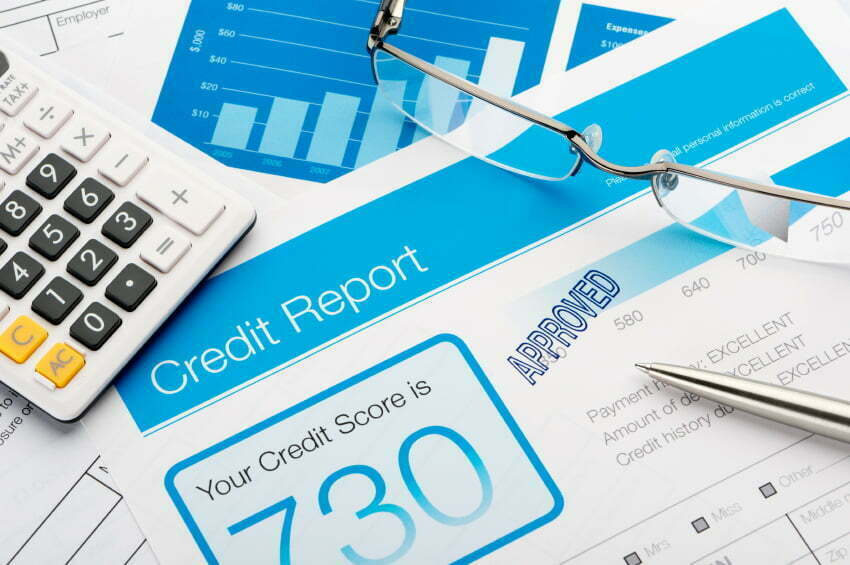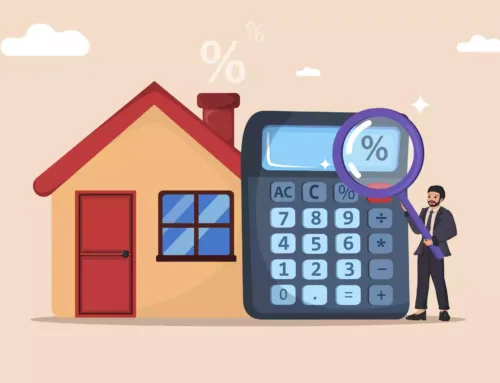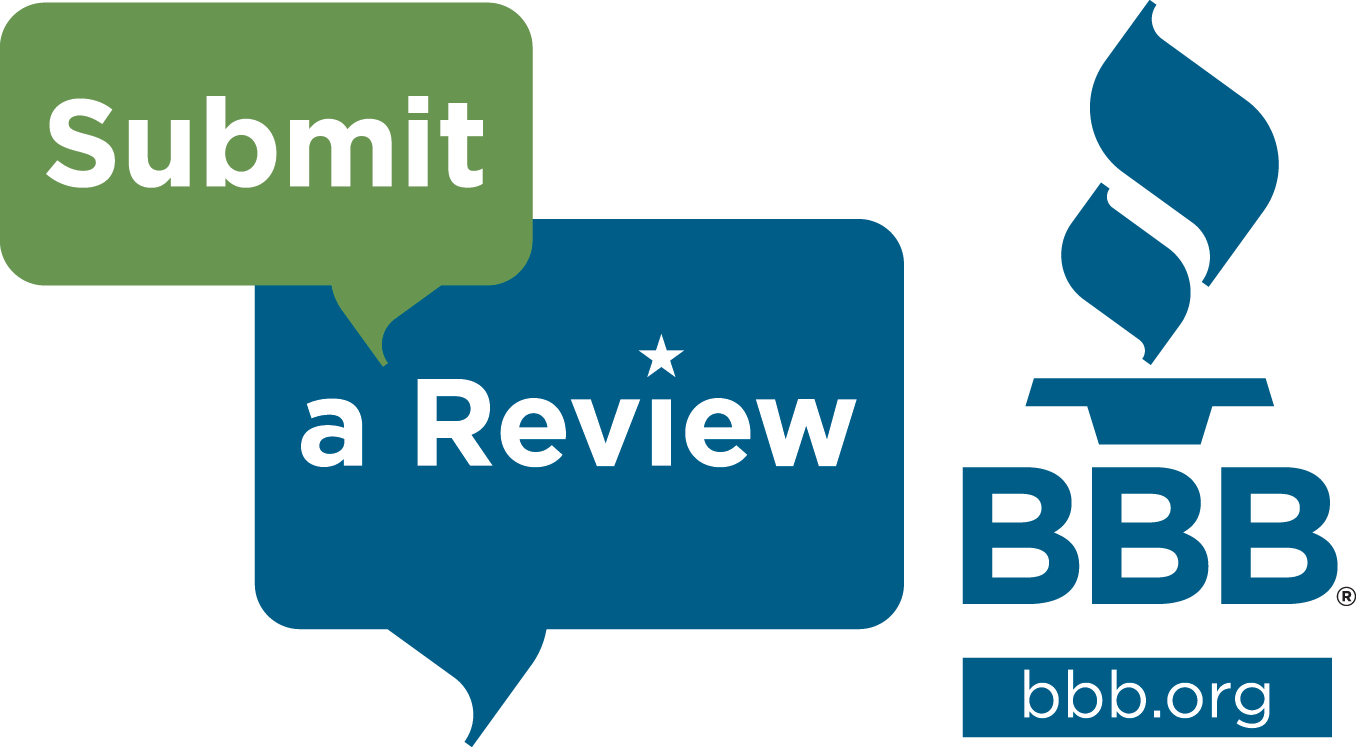Understanding How Your Credit Score Affects Your Mortgage

Approved Credit report form with paperwork
Have you ever taken the time to check your credit score? If not, it may be worth doing. Your credit score determines so much when it comes to buying a car, financing a home, obtaining lines of credit, and much more. Knowing your credit score will help you better understand what kind of mortgage you might qualify for or what steps you need to take to fix your score.
Where does a credit score come from?
Your credit score is different than your credit report. Just like a report card from school, you have a final letter grade but the report itself may show you how you came to get that grade. A credit score is based on your credit report. Your credit report shows your payment history, length of credit history, amount of debt owed, and any other factors that may play a role in determining your score. FICO or Fair Isaac & Co. then assigns you a number based on these factors. Since there are three different credit-reporting bureaus you will usually have three different credit scores, although varying slightly.
What is considered an A+ rating?
FICO scores, or credit scores, can range anywhere from 350-850. An 850 is the ideal number as this is considered a perfect score. A 723 is considered a median score for the U.S., but it is fair to assume you can expect good rates when you have a score anywhere from 720 and up. If you are a first time home buyer you might be considering an FHA loan. These loans require a borrower to have at least a 620 score or higher if you are looking for an approval.
Obtaining your credit report
Nowadays your credit reports is easy to obtain. A federal regulation that went into effect in 2003 gives consumers access to one free credit report a year. There are also sites where you can obtain your credit score for a low monthly fee. If you need to improve your score it is best to monitor it on a more regular basis to see how it is improving. Monitoring your credit may cost some money now but it may save you thousands of dollars over the life of your mortgage if you are able to get a lower interest rate.
Credit score categories
How do you know what is a good score and what is a bad score? It is a gray area considering different bureaus have different ways of calculating your score and the formulas they use are proprietary to the company using them. Here is a breakdown of how the scores are categorized.
Excellent credit = 720 and above
Good credit = 660 to 719
Fair credit = 620 to 659
Poor/bad credit = 619 and below
How credit can affect your mortgage
Before you start house hunting and getting a pre-approval make sure to check your credit report and know your credit score. Why? Your credit rating may be the biggest determiner when it comes to getting an approval and a good interest rate. Checking your report up to 90 days before applying for a mortgage will give you time to correct any credit report errors and time to clean up your score if it is not considered to be a fair score. Taking this time to correct and clean up your credit could save you thousands of dollars in the long run so it is very important to do this.
What is in a credit report?
Your credit report is made up of your borrowing history from banks, lenders, and credit card companies. When you are looking to borrow money the lender will look at this report and see if you are a low or a high-risk borrower. Your interest rate will also be determined from these factors.
A credit report includes:
- Credit history. This includes account information detail, such as your payment history, and specifically information about accounts that may have been sent to debt collection agencies. It also includes the number of accounts you have and the type of each, and if you are in good standing with each.
- Who is examining your credit. Any inquiries by lenders or others about your credit is recorded as well.
- Any judgments against you, such as bankruptcy.
- Personal information about you, such as your addresses (current and past), Social Security number and your previous employers.
- A section for comments by you, in the event you have disputed the report specifics in the past.
How do I request my credit report?
There are three major credit-reporting bureaus; Equifax, Experian, and TransUnion. You can request your free annual report from AnnualCreditReport.com which gets that report from those three companies. Checking your report annually will help to ensure that there are not any errors. Errors can include name misspellings, incorrect social security numbers, or accounts that are showing opened when they have been closed. These errors can cause problems when you go to apply for your mortgage. Checking your report will also show you if you have been a victim to identity theft so it is good to do simply to protect your credit and identity.
If you take the time to check your credit report and credit score it will ensure a smoother process when you go to buy your home. Knowing what areas you can fix on your credit report will help you to obtain a lower interest and in turn a lower monthly payment on your mortgage. Who wouldn’t love that! Make sure that this is the first step you take in your home buying process as it could save you thousands of dollars in the long run.













